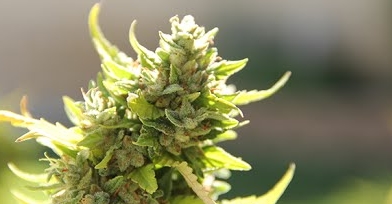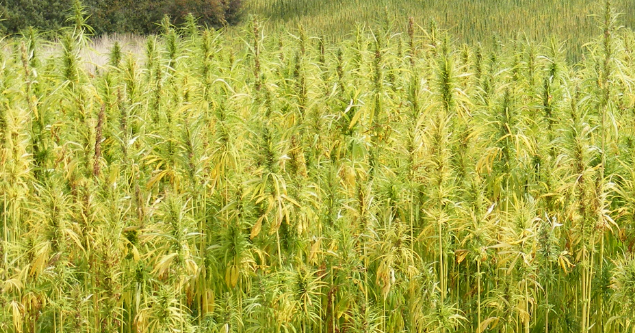Cannabinoids can successfully kill leukemia cells, reveals groundbreaking new study
06/20/2017 / By Russel Davis

A recent study published in International Journal of Oncology revealed that cannabinoids, the active chemical in cannabis, can destroy leukemia cells either alone or in combination with other cancer treatments. The scientific community has long-established that cannabinoids may show potential in cancer treatment, with certain varieties known to promote cell death, curb cell growth, and inhibit tumor-inducing blood vessel development. In order to evaluate the compound’s efficacy against leukemia, a team of researchers at the St George’s, University of London studied cancer cells in a laboratory and tested various combinations of cannabinoids and chemotherapy drugs such as cytarabine and vincristine.
The study revealed that the cannabiniod varieties cannabidiol and tetrahydrocannabinol (THC) eliminated leukemia cells when used alone. The research team also found that combining the two cannabiniod variants resulted in increased treatment potency. In addition, the study revealed that adding cannabinoids following an initial dose of chemotherapy lead to better overall outcomes against the blood cancer. This means that a similar effect can be achieved by using lower chemotherapy doses, the researchers said. Lower doses of chemotherapy may equate to lower risk of treatment-related side-effects in patients, the experts added.
According to the research team, combining chemotherapy with cannabinoid treatment fared better than either chemotherapy alone or cannabidiol/THC combination. However, the experts noted that greater treatment potency was observed only when cannabinoid treatment was added after the initial chemotherapy, but not the other way around.
“We have shown for the first time that the order in which cannabinoids and chemotherapy are used is crucial in determining the overall effectiveness of this treatment. These extracts are highly concentrated and purified, so smoking marijuana will not have a similar effect. But cannabinoids are a very exciting prospect in oncology, and studies such as ours serve to establish the best ways that they should be used to maximise a therapeutic effect,” lead researcher Dr. Wai Liu said in ScienceDaily.com.
Cannabinoids show efficacy against leukemia in previous study
The current findings were reflective of a 2013 study, also carried out by Dr. Liu, which demonstrated the compound’s potential in combating leukemia. As part or research, the oncologist tested six cannabinoid variants, either independently or in conjunction with each other, against leukemia cells. The researcher found that the compounds spurred significant declines in cancer cell viability and simultaneously inhibited all phases of the cell cycle.
“There’s quite a lot of cancers that should respond quite nicely to these cannabis agents. If you talk about a drug company that spent billions of pounds trying to develop these new drugs that target these pathways, cannabis does exactly the same thing – or certain elements of cannabis compounds do exactly the same thing – so you have something that is naturally produced which impacts the same pathways that these fantastic drugs that cost billions also work on. By using these drugs in combination with each other we can actually get an enhanced effect, and what that means is that we can – after doing some further studies – take this into the clinic and hopefully get the medication that can be used in patients in the next 12 to 18 months,” study author Wai Liu said in USNews.com.
However, the health expert cautioned that the compounds may not work on all types of cancer. According to Dr. Liu, it is currently unclear whether smoking marijuana will produce similar benefits in patients. He also noted that he will not recommend smoking marijuana to treat leukemia as it remains uncertain how various chemicals interacts inside a patient’s body. (Related: Cannabis oils found to naturally treat certain types of cancer)
Sources include:
Tagged Under: blood cancer, cancer, Cannabinoids, cannabis


















